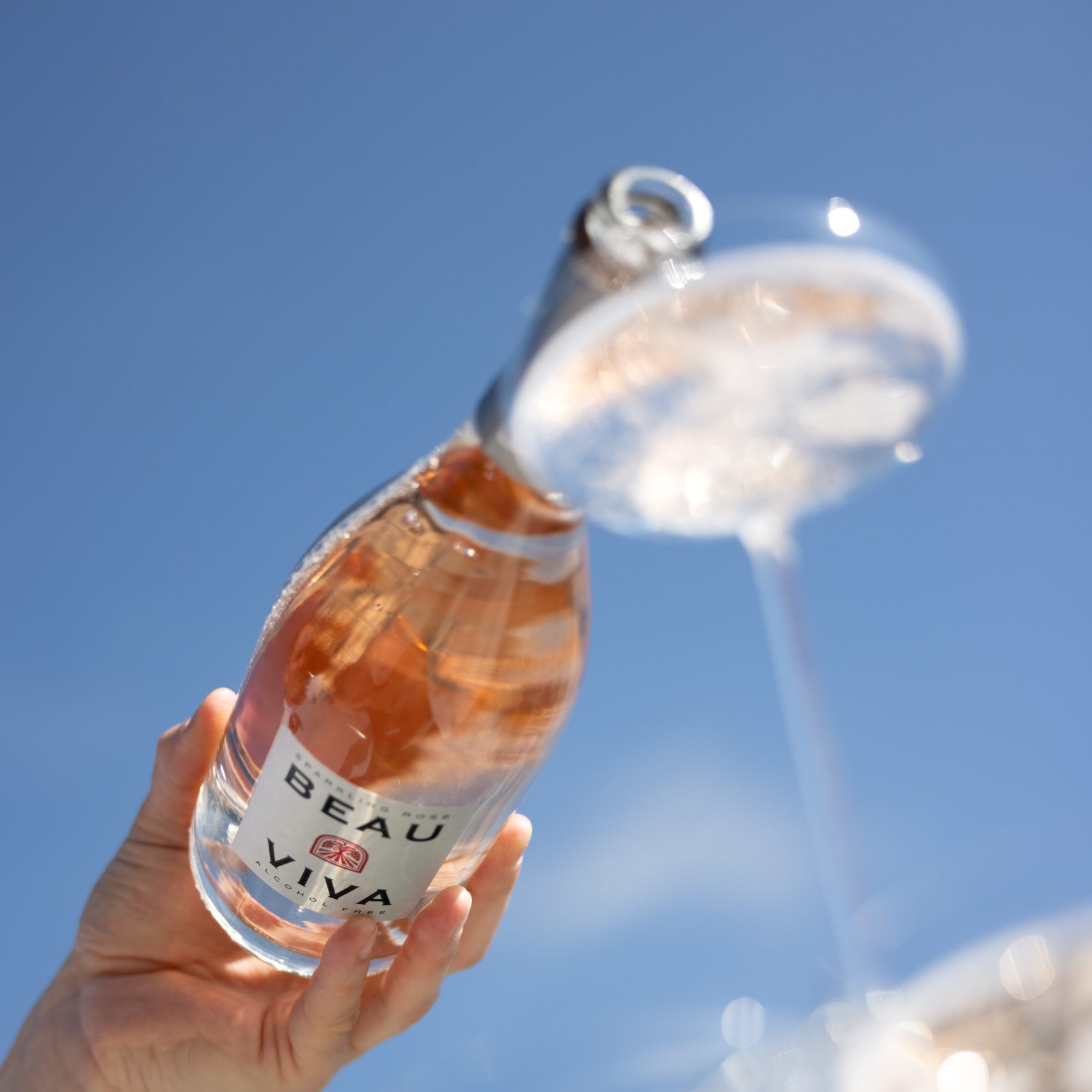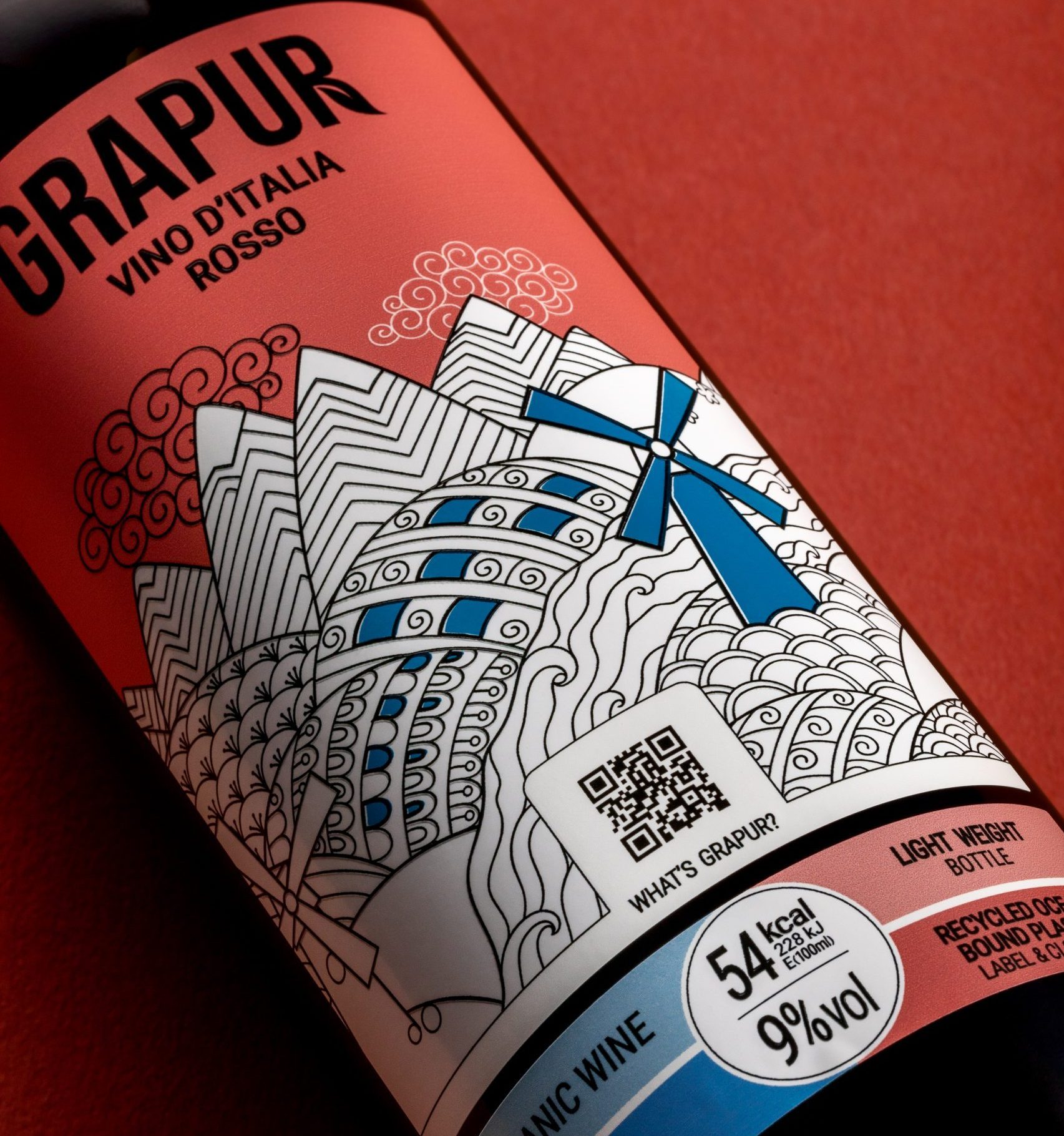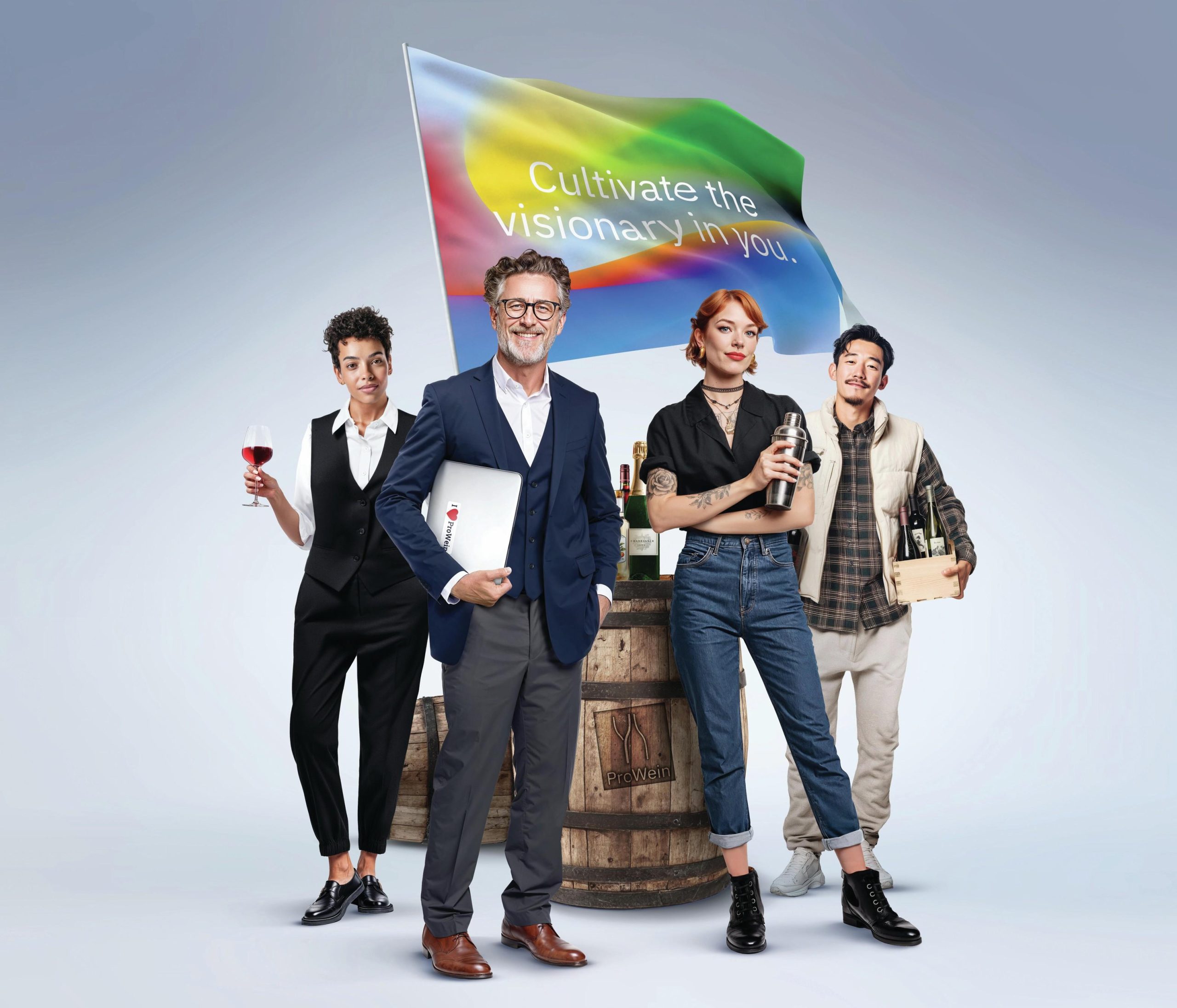Trade reaction: chemicals, copper, sulphur and organics in viticulture
Should wine producers using synthetic pesticides be made to put ‘chemgro’ on their bottles? And if so, should organic farmers communicate about copper and sulphur use in the vineyard? We sound out the global wine trade.
Following a story earlier this month in which New Zealand winemaker Nick Mills called for conventional farmers to communicate about their use of chemicals in the vineyard, we round up some further thoughts and reactions from the wider winemaking community on the subject of chemicals, copper, sulphur and organics in viticulture.
Firstly, to look back, we have reproduced some of the views expressed by Nick Mills, who works at Central Otago’s Rippon Vineyard, which has been organic since it was founded in 1982 and became biodynamic in 2003.
Speaking at a masterclass on organic wines from New Zealand, which has held in London last month, Mills expressed his frustration that those who don’t use synthetic chemicals must seek and pay for certification to communicate their approach to viticulture.
“Why is it that it is organic that has to be certified; it should be the other way round should, it should state that it is chemgro,” he said.
So what do others in the global wine industry think?
While some in the trade agreed with Mills, there were also certain members of the business who took exception to the suggestion, and you can read the range of responses on the following page.
Caitlin Tiller, sommelier, Supernatural Cellars, Australia
Great speech from Mills, absolutely agree on his questioning of “Why is it that it is organic that has to be certified; it should be the other way round should, it should state that it is chemgro,” But I think a fairer way to see out this discourse would be the legalisation of ingredients listing in wine. That way when people buy wine, like any other food product, the transparency will keep everyone accountable and the power will go rightly to the consumer to choose what style of farming practise they wish to support.
Robin Dicey, founder, Grape Vision Ltd, New Zealand
The ‘chemgro’ label is a nonsense. To grow grapes all disciplines use sulphur. Sulphur comes either from volcanic mining – which is incredibly dangerous and shortens the miners’ lives – or as a by-product of the petro-chemical industry. Technically it is simply not organic at all.
Frank van de Loo, winemaker, Mount Majura, Australia
Thanks for reporting Nick Mills in a balanced way. In addition to copper, there’s more to organics that doesn’t make sense, which is hardly surprising since it is deliberately not based on science. Sulphur is the other big one for me – elemental sulphur used in the vineyard that is. You can read about our experience in full here, or you can read an extract from that below:
Partner Content
Elemental sulphur is a very good fungicide, with a complex mode of action against powdery mildew, making it hard for the fungus to develop resistance. Unfortunately it’s also a miticide, killing not only harmful mites in the vineyard such as rust mite and bud mite, but also the beneficial mites that normally control the harmful mites.
Bart Arnst, Viticultural Consultancy / Marlborough Organics / The Darling Wines, New Zealand
- I have been growing organic grapes in NZ since 1996 and have never used Bordeaux mixture, none of my colleagues have ever used it. I don’t even know if it is available here.
- The most used copper form used here is Cupric Oxide not Copper Sulphate.
- In NZ we have a 3kg/ha/yr limit, and it is not a target, from memory 1.2kg was the most we have used.
- Copper is also allowable in all grape growing systems generally at the same limit as organic growers.
- We conduct soil tests yearly to check soil copper levels and our certifiers monitor this.
- In the organic conversion stage a multi residue test is required, I don’t believe other farming systems are required to do this but they should because copper isn’t the only element that hangs around.
- Multi residue soil tests reveal many synthetic fungicides still in the ground from previous management systems. And their effect on soil biology? Herbicide residues are also commonly detected.
- Diseases that trouble grapevines quickly build resistance to synthetic chemistry and weaken the vines natural immune system.
Bart also states: You comment that copper is the most widely used fungicide used in organic and biodynamic growing when in fact it is Sulphur (by a country mile) as it is with all grape growers.
Chris Scott, founder, ThirtyFifty
What a load of rubbish, Organics needs certification so people know the type of organics they follow. They are not all the same, some are more restrictive than others. If Chemgrow was adopted, would all organics producers stop saying they were organic on their bottle and if they didn’t which organic rules do they follow? Organic producers choose to make wines using a restricted set of chemicals. It is their choice. They want to extract higher prices to help them recover the increased costs of making wines with less options at hand. So they need to label. Sadly, Nick is just being argumentative for the sake of some cheap press coverage, if he said to everyone he would not mention that his wines where biodynamic on his labels fair enough. Otherwise he is trying to increase costs to people who don’t believe in his type of homeopathic mysticism.
Keith Pritchard, Owner, Slate Run Vineyard, Ohio
Just a way to try to denigrate regular growing methods. Just love how people like to try to come up with legal ways to disparage others rather than just promote their own methods. Just tells a lot about their real basis of ethics.
Paul Vandenberg, Paradisos del Sol Winery, Washington State
Enjoyed the coverage. I find these folks questionable. Organic, Biodynamic, Sustainable? All are using pesticides. Sulfur is a chemical pesticide. So is Stylet Oil, Safer’s Soap, etc.
Natural wine? It is not natural, wine is a human artifact.
I am certified organic, I think it is significant. More importantly, we believe we are the only commercial vineyard on Earth growing Vitis vinifera without any inputs beyond labor, water, and manure, for the past seven vintages.
It can’t be done many places. It is why I am on this ridge top in the Rattlesnake Hills AVA in the Yakima Valley.





Regardless of what side one sits, Chris Scott’s comments are offensive and completely disregard one winegrower’s (and clearly many more) comments. From reading the report, Nick’s comments were made as part of a larger discussion on organic wine growing; the idea that this was an argument for the sake of press coverage is ridiculous and demeans an interesting debate.